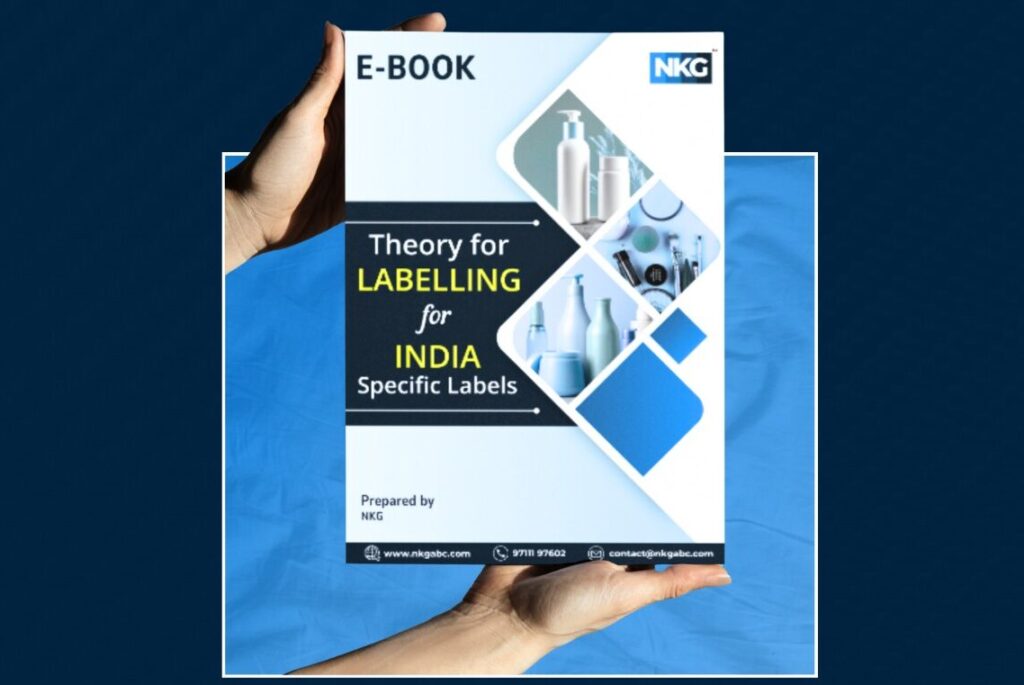Are you a Medical Device and IVD manufacturer or importer? If yes, you must know that you cannot manufacture, sell or distribute a medical device or In-Vito Diagnostic (IVD) medical device without following the rules and regulations of the targeted country. The main objective behind the regulations for medical devices is to ensure that medical devices and IVDs are safe to use for the intended population, as they directly impact the population’s health. Thus, it is the responsibility of the manufacturer or importer to stick to the regulations. Suppose any manufacturer or importer plans to market the product in the Indian market. In that case, it is important to more the Central Drug and Control Standard (CDSCO), the regulatory body of India, regulates medical devices and IVDs to ensure they maintain the benefit-risk ratio. Along with CDSCO, there are many other rules, such as Legal Metrology, Plastic waste management, etc.
Now the main question arises if IVDs, too, fall under legal metrology for mandatory registration; in the article given below, NKG will discuss this question in detail:
LEGAL METROLOGY: Legal Metrology Registration Certificate, also called a Legal Metrology Packaged Commodity (LMPC) Certificate. An LMPC certificate is essential under the Legal Metrology Act,2009, and Legal Metrology (Packaged Commodities) Rules, 2011. The main aim of this act and rule is to sell, distribute or manufacture medical devices and IVD by promoting fair trade practices and protecting the consumer’s rights.
As per the notification released by the Ministry of consumer affairs on 14th July, known as Legal Metrology (Packaged Commodities) (second amendment) 2022, states that: While marketers can provide other information via QR code, critical information needs to be disclosed on the package for the consumers.
1) In sub-rule (1); (i) in clause (a), before Explanation I, one needs to keep in mind the following provision that shall be inserted, namely: –
In the case of electronic products manufactured, packed, or imported after 15th July 2022, the packing on such product for one year shall have the manufacturer’s, packers’, or importer’s name. It shall address the consumer to scan the QR code to get any other information not declared on the package.
2) (ii) in clause (b), the following provision shall be inserted, namely: –
In case of any electronic product which is manufactured, packed, or imported after 15th July 2022, the consumer shall be able to scan the QR code to get the information such as common or generic name, number, and quantity if the package contains more than one product if the information is not available on the package.
3) (iii) in clause (f), the following proviso shall be inserted, namely: –
In the case of electronic products which are manufactured, packed, or imported after 15th July 2022, the packing on such products for one year shall have a QR code to scan to get the information such as size, and dimension of the product, if not declared on the package.
4) In sub-rule (2), the following provisions shall be followed, namely: –
In the case of electronic products manufactured, packed, or imported after 15th July 2022, the packing on such product for one year shall have a QR code to scan to get the information such as the mobile number and email address if not available on the package.
Products exempted from LMPC.
An LMPC certificate is mandatory for the manufacturer and importers of all medical devices or IVDs except the following:
- Medical devices with a total weight or measure of 10 grams or IVDs with a weight of 10 milliliters or less
- Packages containing formulations that comes under the Drugs (Price Control) Order, 1995
Furthermore, Chapter 2 of the Legal Metrology Act, which consists of provisions specifically for packages intended for retail sale, will not apply to:
- Medical devices which weigh more than 25 kg or IVDs weigh more than 25 litter, excluding cement and fertilizers sold in bags of up to 50 kg
- Packaged commodities are meant for industrial consumers (those who buy the goods directly from the manufacturer for use in that industry) or institutional consumers (service institutions such as airways, railways, hotels, and hospitals).
Conclusion: Medical devices or IVDs fall under the category of electronic devices. Thus, manufacturers or importers need to pay more attention to new amendments to Legal Metrology which specially focuses on electronic products. Without an LMPC certificate, selling, manufacturing, or importing medical or IVDs in the Indian market is impossible. Thus, marketers are advised to apply for LMPC to avoid penalties or disruption of devices in the market.







